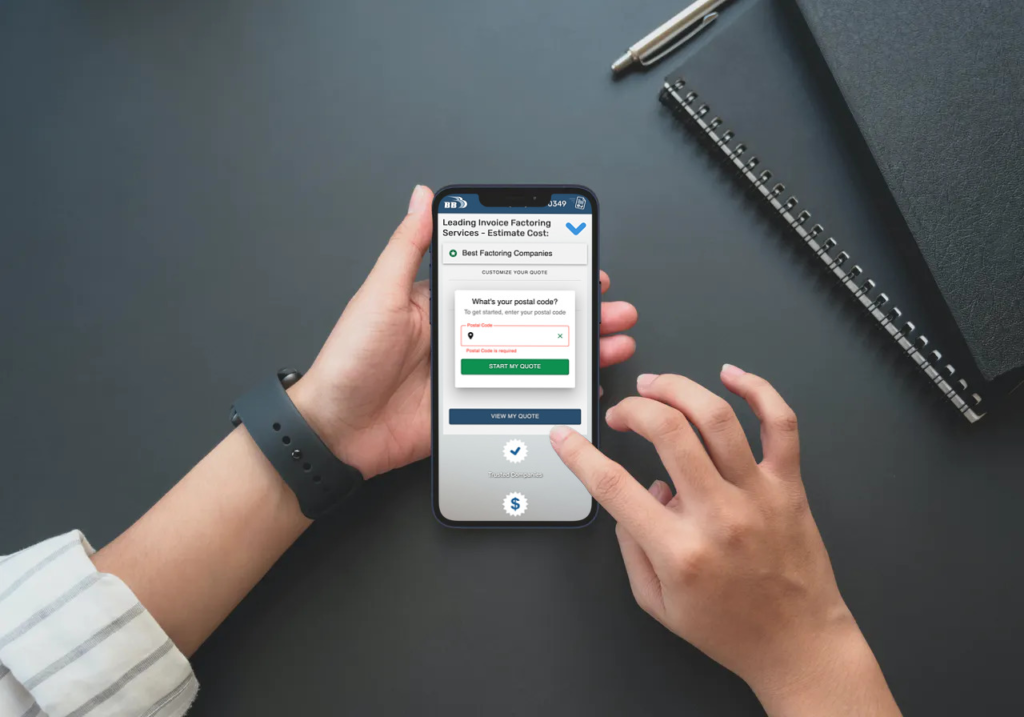
Invoice factoring is a financial arrangement in which a business sells its outstanding invoices (accounts receivable) to a third-party company, known as a invoice factoring company or factor, at a discount. This provides the business with immediate cash flow, allowing it to access funds that would otherwise be tied up in unpaid invoices. Invoice factoring is commonly used by businesses of various sizes to manage cash flow, meet operational expenses, and fuel growth.
How Invoice Factoring Works:
Selecting a Factor:
A business that wishes to utilize invoice factoring begins by choosing a suitable factoring company. Factors specialize in various industries and sizes of businesses.
Agreement and Due Diligence:
- The business and the chosen factor enter into a factoring agreement that outlines the terms, fees, and conditions of the arrangement.
- The factor conducts due diligence on the business’s customers (debtors) to assess their creditworthiness.
Submitting Invoices:
Once the agreement is in place, the business submits its unpaid invoices to the factor. These invoices represent amounts owed by the business’s customers.
Advance Payment:
- The factor typically advances a percentage of the total invoice value to the business, usually around 70-90%.
- This advance provides immediate cash flow to the business, which can be used to cover operational expenses, invest in growth, or manage other financial needs.
Collections and Verification:
- The factor takes over the responsibility of collecting payments from the business’s customers.
- The factor may verify the invoices with the customers and manage communication related to payment.
Customer Payment and Reserve:
- Once the customer pays the invoice in full, the factor deducts its fees (including the discount provided for the advance) and releases the remaining funds to the business.
- A small portion, usually around 10-30%, is held in reserve by the factor as a buffer against potential unpaid invoices or disputes.
Release of Reserve (Rebate):
- After the factor confirms that all invoices have been paid by the customers, the reserved amount is released to the business.
- This step completes the factoring process for that batch of invoices.

Benefits of Invoice Factoring:
- Immediate Cash Flow: Invoice factoring provides quick access to funds, helping businesses maintain a steady cash flow and meet financial obligations.
- Flexible Financing: Factoring is often more flexible than traditional loans, as the funding is based on the value of invoices rather than the business’s credit history.
- Outsourced Collections: The factor handles collections, relieving the business of the administrative burden of chasing unpaid invoices.
- Support for Growth: Businesses can use the funds obtained through invoice factoring to invest in expansion, inventory, marketing, and other growth initiatives.
- Credit Protection: Some factoring companies offer credit insurance, protecting the business against potential losses due to customer non-payment.
Conclusion:
invoice factoring company offers a valuable financial tool that provides businesses with immediate liquidity by converting their unpaid invoices into cash. This arrangement helps businesses manage cash flow, focus on growth, and streamline their financial operations while offloading the responsibility of collections to a specialized factor.
